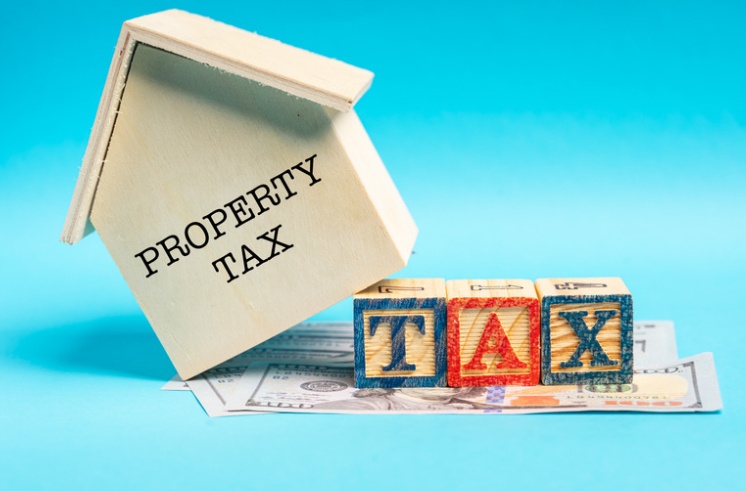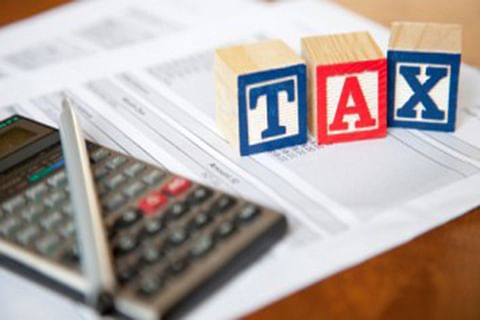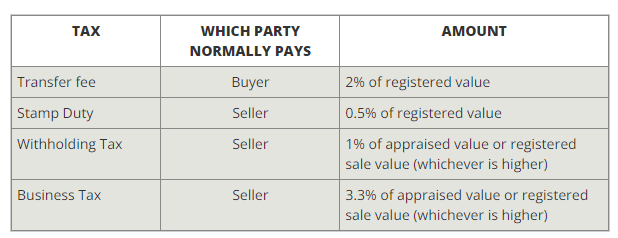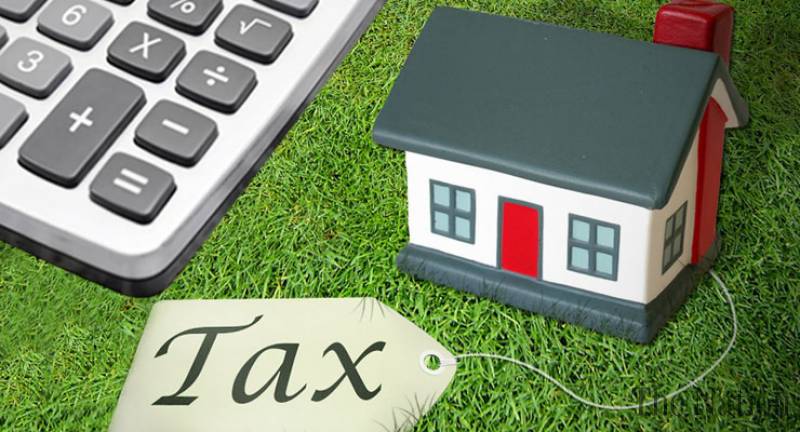
Owning Property in Thailand is a dream for many, offering investment potential and a foothold in this beautiful country. But navigating the complexities of property ownership, including taxes, can be daunting. This comprehensive guide will shed light on everything you need to know about property tax in Thailand, allowing you to make informed decisions and ensure smooth property ownership.
Traditional property tax in Thailand is essential to the country's tax system. It applies to all types of properties, including residential, commercial, and industrial properties. The tax is based on the property's assessed value, which is determined by the local authorities.

Property owners are required to pay the property tax annually. The tax rate varies depending on the location and type of property. The tax is usually calculated as a percentage of the assessed value.
The revenue generated from property tax in Thailand is used to fund local government services, such as infrastructure development, public schools, and healthcare facilities.
It is essential for property owners in Thailand to understand the traditional property tax regulations and fulfill their tax obligations to avoid any penalties or legal issues.

Foreigners who own property in Thailand are also subject to property tax. The tax regulations for foreigners may differ slightly from those for Thai citizens.
Foreigners must pay the property tax based on the assessed value of their property. The tax rate may be higher for foreigners compared to Thai citizens.
Foreigners who own property in Thailand need to understand the property tax regulations and fulfill their tax obligations to avoid any penalties or legal issues.
Foreigners should consult with a tax professional or seek guidance from the local authorities to ensure compliance with the property tax regulations.
Property tax in Thailand may also apply to lease agreements. When a property is leased, the responsibility for paying the property tax may be divided between the landlord and the tenant.
In some cases, the landlord may include the property tax in the rental agreement, and the tenant is responsible for paying it directly to the landlord. In other cases, the landlord may pay and include the property tax in the rent.
It is crucial for both landlords and tenants to clearly define the responsibility for paying the property tax in the lease agreement to avoid any misunderstandings or disputes.
Consulting with a legal professional or seeking guidance from the local authorities can help ensure that the lease agreement complies with the property tax in Thailand regulations.

In addition to property tax, there is also a local land tax in Thailand. This tax is levied on landowners based on the land's assessed value.
The local land tax is used to fund local government services and infrastructure development in the area where the land is located.
The rate of the local land tax may vary depending on the location and classification of the land. Landowners must understand the local land tax regulations and fulfill their tax obligations.
Failure to pay the local land tax may result in penalties or legal issues. Landowners should consult with a tax professional or seek guidance from the local authorities to ensure compliance with the local land tax regulations.
Thailand has recently implemented property tax reforms to improve the tax system and ensure fairness in property taxation.
These reforms aim to streamline the property tax process, increase property assessment accuracy, and promote tax collection transparency.
The reforms may include changes in tax rates, assessment methods, and administrative procedures. It is important for property owners to stay updated with the latest property tax reforms and comply with the new regulations.
Consulting with a tax professional or seeking guidance from the local authorities can help property owners understand and navigate the property tax in Thailand reforms.
Making wise decisions about real estate investments requires understanding property tax in Thailand. The proposed reforms aim to introduce a low annual property tax for residential properties the owner uses. At the same time, the current system concentrates on building and land taxes for properties used for commercial purposes.
Staying current on these developments and seeking professional advice from qualified tax advisors will allow you to confidently navigate Thailand's changing property tax in Thailand regulations. Remember, with a clear understanding of your tax obligations, you can reap the benefits of owning property in the lovely Land of Smiles.
Some Of Previous Articles:
Information and statistics for This Post Provided by Yoohoo Homes.